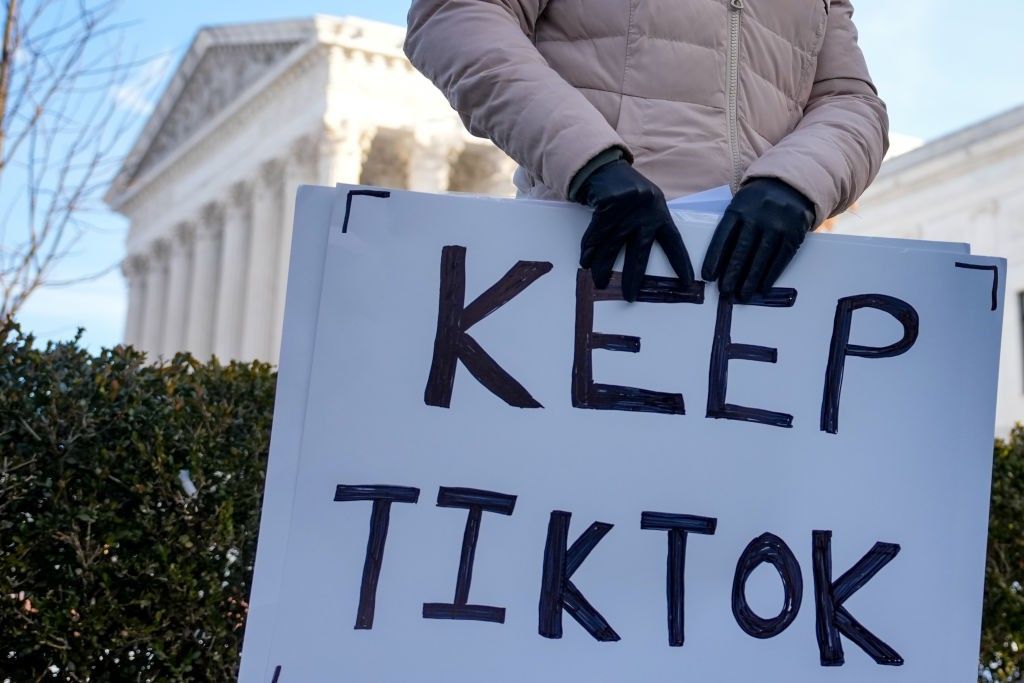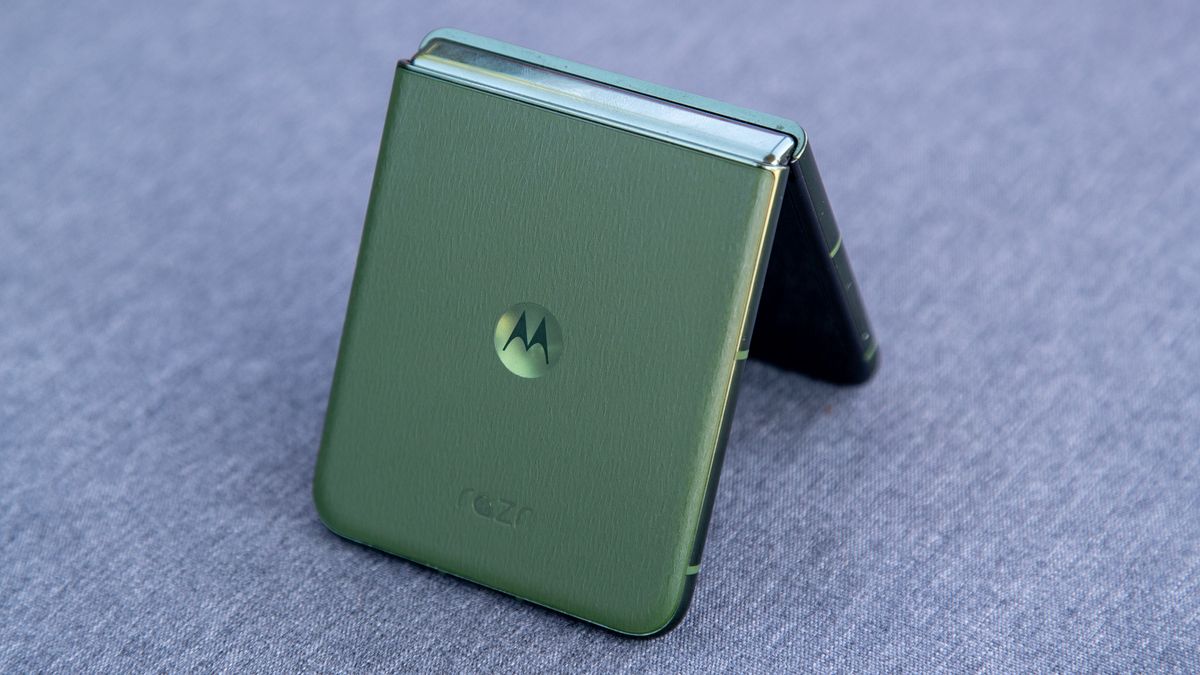In the final campaign rally for the ruling African National Congress (ANC), the 112-year-old political party and liberation movement turned long-time government appealed to voters and the nation for faith and patience.
This is the most consequential election in South Africa‘s democratic history since the first free and inclusive vote to end Apartheid in 1994.
Now, the party that led the country to freedom is at risk of losing its majority in the face of growing discontent around soaring unemployment, crime and economic inequality.
This rally was not only a call to vote but a call to remember. A rainbow nation display with nostalgic odes to resistance and all the machinery of the state behind it.
Banners titled “Siyanqoba” – We Win – hung up all around the stadium South Africa built to host the 2010 FIFA World Cup.
Dancers from the country’s main tribal groups paraded around the covered pitch as supporters dressed in an assortment of ANC gear cheered them on.
Faces of freedom fighters flashed across a large projector on the stage as President Cyril Ramaphosa called out their names at the start of his address to the stadium and the country.
“Roar, young lions, roar,” said Mr Ramaphosa as low growls came from the stalls in Soweto, the heartland of ANC-led youth anti-Apartheid resistance.
His one hour and 30 minute speech was a plea for another chance to build the future the ANC has long promised.
“Comrades and friends, we have listened and understood their desire for a better future for themselves, their families and communities,” he said.
He went on to detail a plan to provide more jobs, grow industries, resolve issues around persistent power cuts and marginally increase social relief grants.
Read more:
Who are the main parties and can the ANC hold on to power?
Grand plans that fall deaf on seasoned ears.
Political analyst Sanusha Naidu said she was “really sceptical” promises made in rallies as a final push “can be translated into real change”.
“They make these very broad and unrealistic promises but when they get into government they realise they are structural constraints to that,” she added.
“This is not about the ANC, this is about any party. One of the constraints is that if you don’t grow the economy, how are you going to create jobs?”
Nearly 28 million South Africans will vote for representatives to sit in the national and provincial parliaments on Wednesday 29 May.

















![Ep266: [Lean Series] How to Plan a Responsible Fat Loss Phase Ep266: [Lean Series] How to Plan a Responsible Fat Loss Phase](https://carrotsncake.com/wp-content/uploads/2024/06/Carrots-N-Cake-VIP-Nutrition-Coaching-768x1040.jpeg)
.jpg)



Discussion about this post